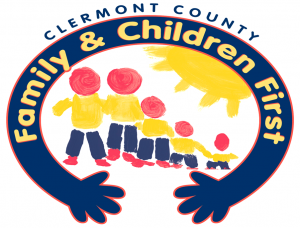Written by: Gretchen Behimer, FAST TRAC Project Director
As you are aware, one of the key components to a successful system of care is that the system of care be family-driven. Family-driven is defined as “families have a primary decision making role in the care of their own children as well as the policies and procedures governing care for all children in their community.” I want to share an example of how Clermont County has embraced family-driven care and really listens to family members about how to make the system better for families.
Clermont FAST TRAC and Families Connected began Family Leadership Training (FLT) in Fall 2011. Eighteen family members participated in the first FLT and spent one Saturday each month learning about the various systems in the county, how to work effectively in groups and on Boards, and how to advocate for what they need. The first FLT series was a great success and a 2nd group of family members are now participating in FLT.
Through discussion among the first group of FLT members, a common theme of trauma was heard over and over again. Not only had many of the FLT members experienced trauma in their past, they oftentimes felt traumatized having to tell their family’s story and in working with various agencies. Two FLT graduates spearheaded an effort to have additional support for the families. They wrote a wonderful proposal about the need for a trauma group for family members who are involved with FAST TRAC. The proposal was sent to me and Karen Scherra, the Executive Director of the Mental Health & Recovery Board. A meeting then occurred with LifePoint Solutions (an adult mental health service provider), myself, Karen, Jean Houston (FAST TRAC Lead Family Contact), a Peer Support Partner, and one of the parents. Great discussion occurred during this meeting and the decision to pursue a trauma-focused group for parents was made. A second meeting occurred with LifePoint Solutions, Jean, and the parent to review a curriculum (S.E.L.F.) that LifePoint was interested in using with the group. Once again, the meeting was productive and we are in the process of moving forward with a group.
This is a great example of how family members help shape the system of care and a reminder that families really do make a difference!

